For decades, Japan’s real estate system has been driven by a cycle of scrap and build, tearing down and rebuilding homes in pursuit of economic growth and asset value. This commodification of housing has now reached its limits. In an era marked by depopulation, aging infrastructure, and over 8 million vacant homes, the conventional rental business is no longer sustainable—economically, socially, or environmentally.
We introduced one of Makigumi’s rental projects, Roopt.
In this article, we focus on one specific aspect of the Roopt service: Roopt Vacation House Rentals—a model that revitalizes vacant houses (akiya) by transforming them into vacation house rental. By doing so, we take a broader look at the structural challenges facing Japan’s vacation rental system and explore the alternative approach that Makigumi is proposing through Roopt.
This approach introduces a new vision for rental housing that revitalizes akiya, moving beyond conventional landlord-dependent models and toward a model that brings value to all parties involved.
Additionally, in another column, we introduce Roopt Share Houses’ vision “Leasing 3.0”—feel free to check it out as well!
The Basics of Vacation House Rentals in Japan
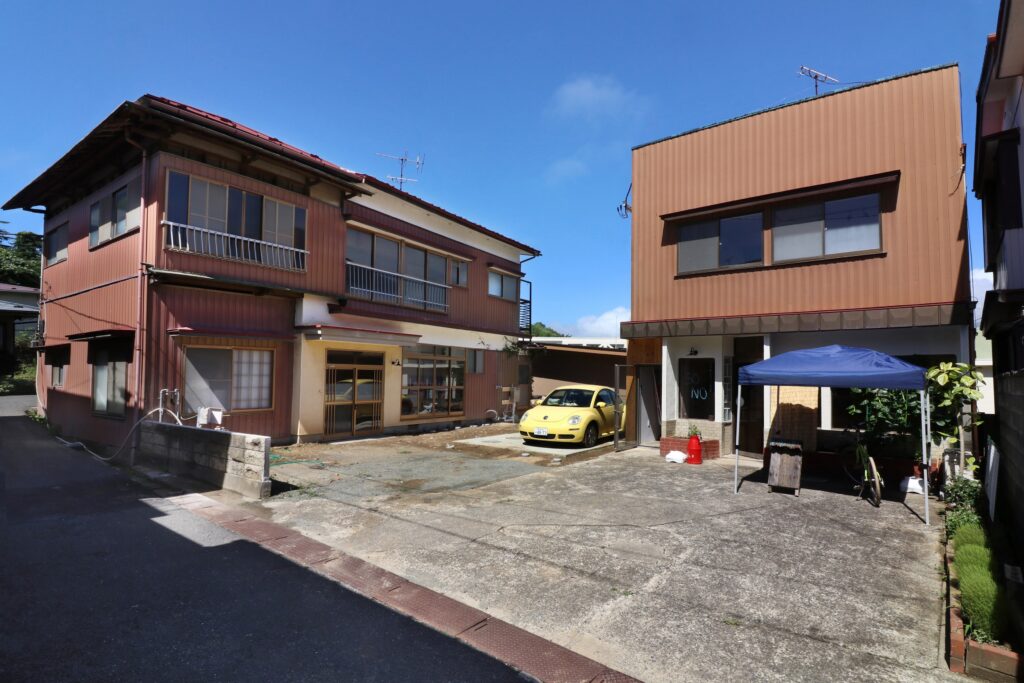
In Japan, renting out a vacant house for vacation house rental requires navigating one of two main legal frameworks: the Hotel Business Act (which governs hotel, ryokan, and guesthouse operations) or the Private Lodging Business Act (commonly referred to as the “Minpaku Law,” enacted in 2018).
Under the Hotel Business Act, operators must obtain a license and meet building, hygiene, and safety requirements set by local authorities. This framework allows year-round operation but generally involves higher startup costs and more complex compliance. Alternatively, under the Private Lodging Business Act, owners can register their homes for short-term stays with fewer structural requirements, though it limits rental days (typically up to 180 per year) and may be subject to local restrictions.
In practice, operators choose the most suitable legal path based on property type, location, and intended use. Makigumi combines both frameworks on a case by case basis, flexibly leveraging these legal structures to transform akiya into meaningful, locally grounded vacation rentals.
Challenges of Turning Akiya into Vacation Rentals in Japan
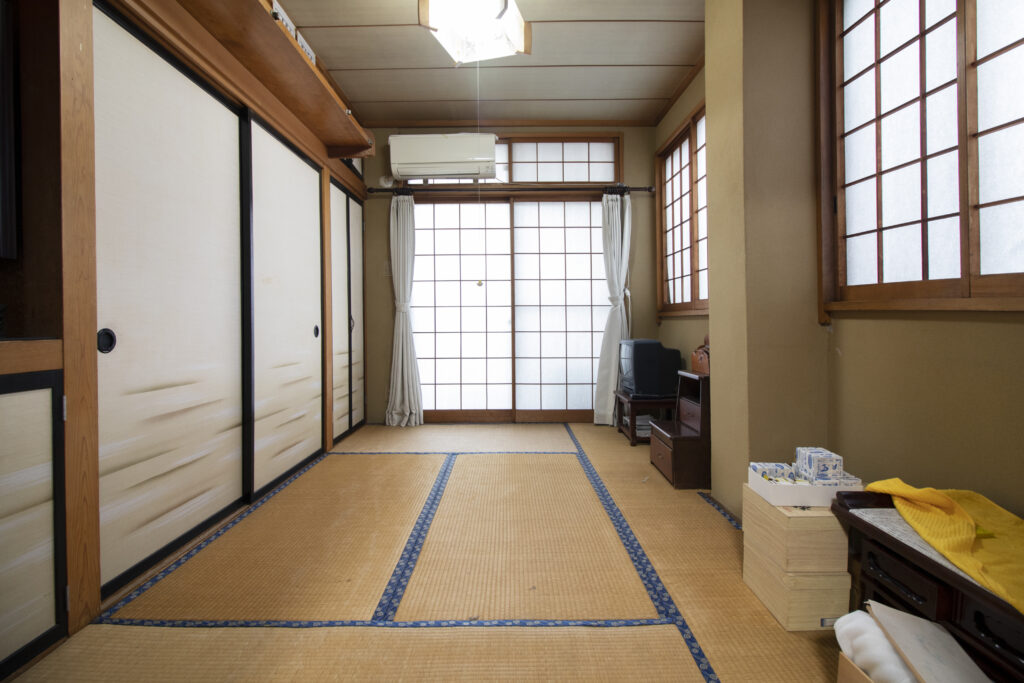
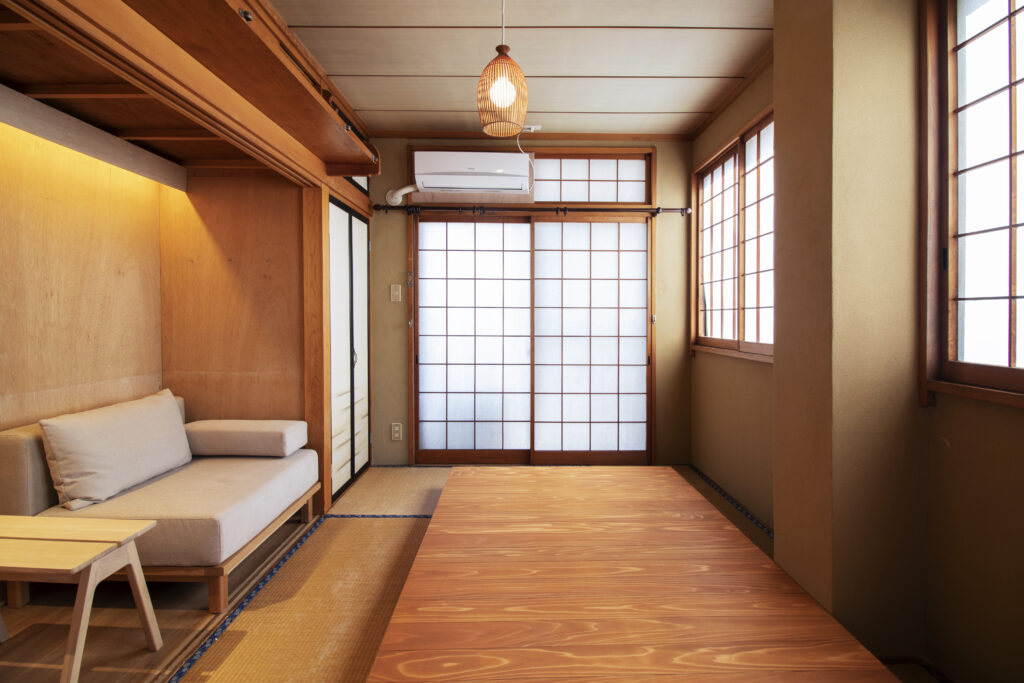
At first glance, converting a vacant house into a guesthouse or vacation rental may sound straightforward. After all, if the property already exists, why not put it to good use?
However, in reality, the path to revitalizing akiya for vacation rental use involves a number of complex and overlapping challenges. These challenges span multiple phases—from ownership and renovation to financing and day-to-day operations. It’s not uncommon for individuals who own or are considering purchasing a vacant house to feel overwhelmed by the hurdles involved. In fact, many of Makigumi’s clients first come to us after encountering exactly these roadblocks.
Here are some of the major challenges:
Ownership and Legal Issues
Many akiya are inherited properties with unresolved legal or family ownership issues. This is especially common with homes that belonged to elderly parents and are located far from the current owner’s residence.
Financing Difficulties
Individual landlords often struggle to obtain business loans—especially when they live far from the property or plan to run it part-time.
Renovation Barriers
Renovating aging or deteriorated properties can be expensive, and cost-effectiveness is often difficult to achieve.
Operational Challenges
Running a vacation rental requires on-site or on-call support for cleaning, check-ins, maintenance, and guest communication. Establishing a reliable operational system—especially from a distance—can be a major barrier.
Collaborative Vacation House Rental Models
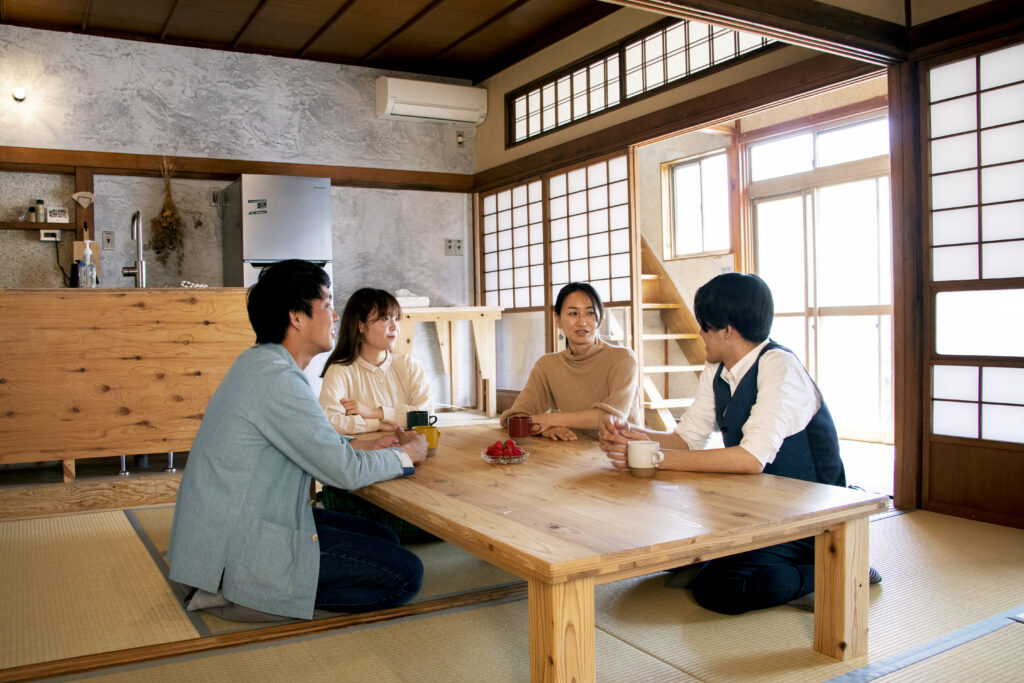
So how is Makigumi responding to these complex challenges? What does the alternative approach that Makigumi is proposing actually look like in practice?
While Makigumi sometimes purchases and independently operates akiya properties, this article focuses on a more unique and innovative model: partnering with property owners to collaboratively operate guesthouses.
In this approach, Makigumi does not simply lease the property from the owner in the conventional sense. Instead, we co-develop the business with the property owner through revenue-sharing or flexible rental arrangements.
This means that owners—who may feel reluctant to let go of a beloved home—can still use the property when they wish.
From renovation to day-to-day operations, Makigumi takes a comprehensive coordinating role, working hand in hand with the owner and, in some cases, in collaboration with the local community. Through this process, we not only build the infrastructure for a successful hospitality business, but also cultivate meaningful relationships with the community. We place great value on this relational value that emerges along the way, which is made possible by maintaining a flexible approach.
“akiyafor”: Connecting Global Residents with Local Living in Japan
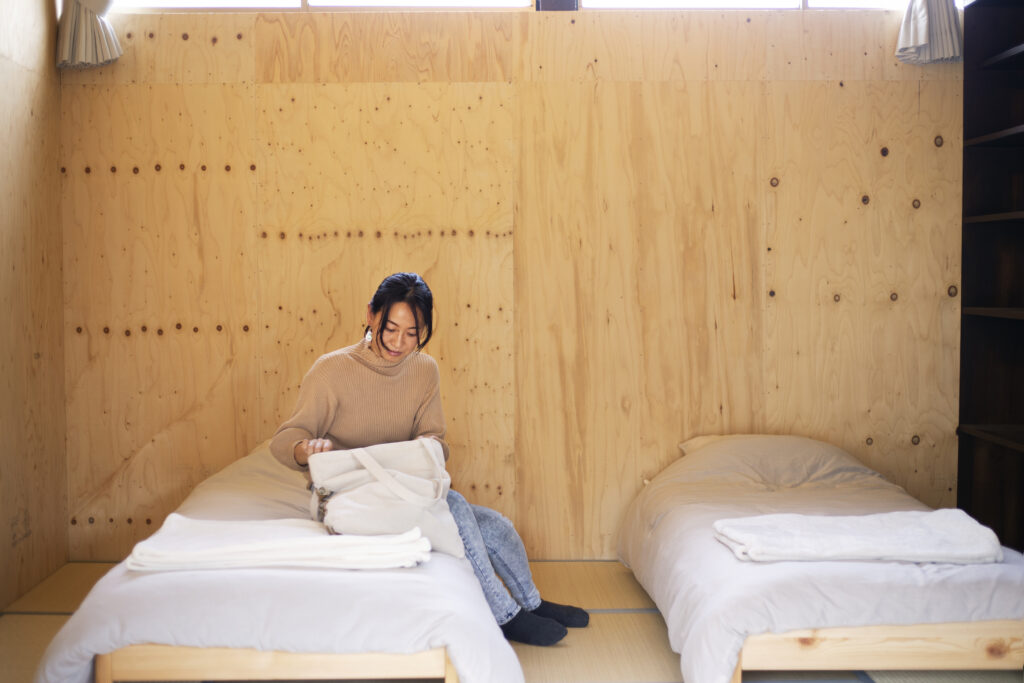
Our platform “akiyafor” aims to extend this vision to a global audience. Designed for people outside Japan who want to engage more deeply with Japanese local life, it offers a new way to participate in revitalizing rural and small-town Japan.
Whether you’re seeking something beyond tourism, curious about local culture, or eager to shape unique living spaces and relationships in Japan, akiyafor invites you to partner with Makigumi in purchasing and revitalizing vacant houses—and to become an active creator of place and community. We also offer flexible ownership and rental arrangements. You can purchase a property and make it your own, or operate it as a vacation house rental with support from Makigumi. In some cases, you can even stay there yourself while in Japan, and run it as a guesthouse while you’re abroad.
We believe that vacant houses hold more than just physical potential—they are openings for building relationships, exploring alternative economies, and discovering new ways of living together.
Let’s turn Japan’s vacant houses into innovative spaces for global collaboration and experimentation.
At akiyafor, we look forward to building meaningful relationships with you through this shared journey.
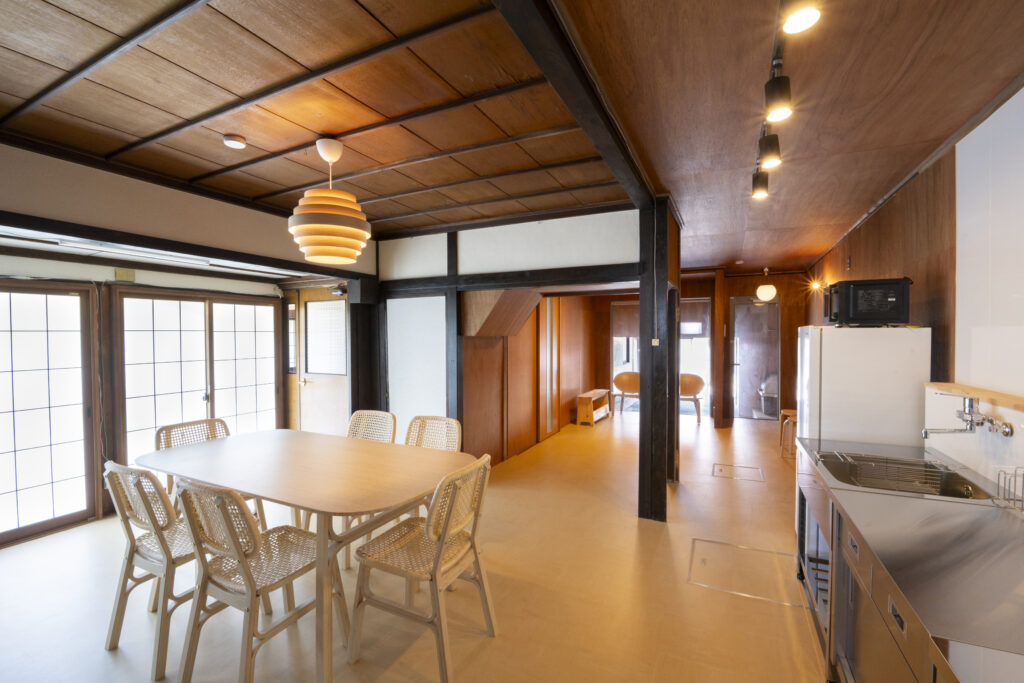
Curious about living or investing in Japan’s vacant houses (akiya)?
At akiyafor, we work with Makigumi to connect people from around the world with unique properties and communities across Japan.Whether you dream of renovating an old home, starting a business in the countryside, or simply exploring what’s possible — we’re here to help you take the first step.Let’s create a new story together.
>>Contact | akiyafor